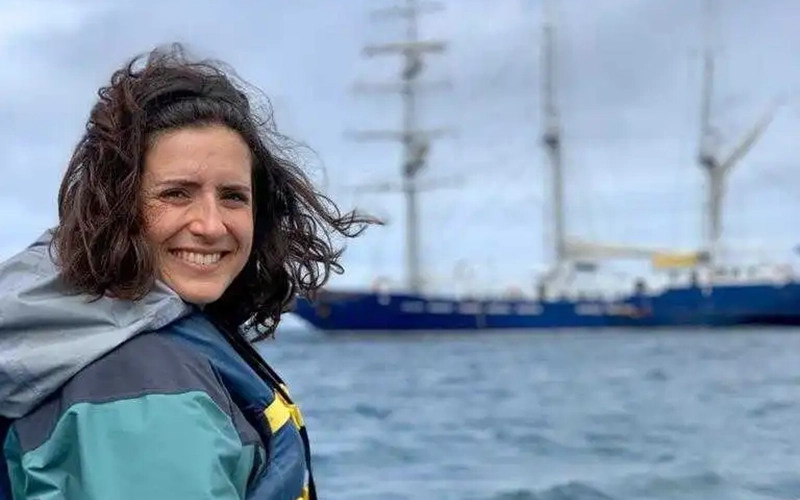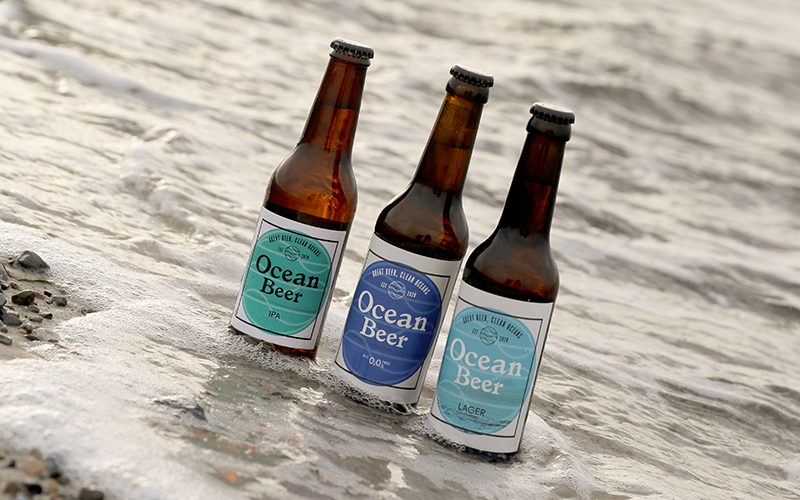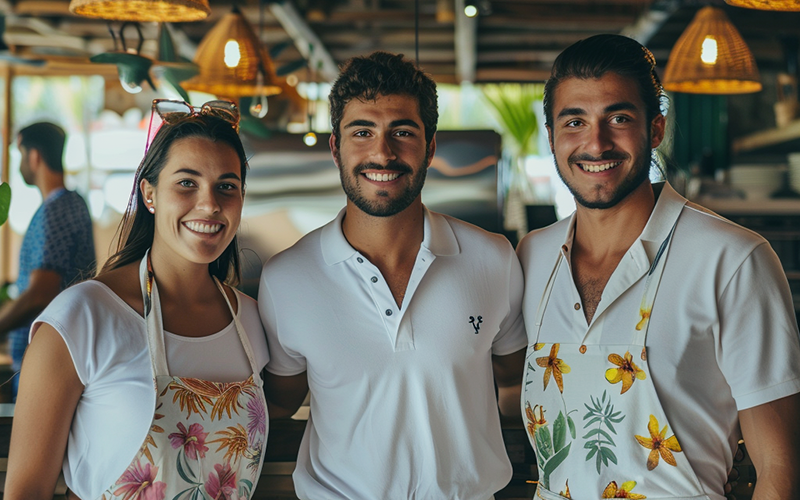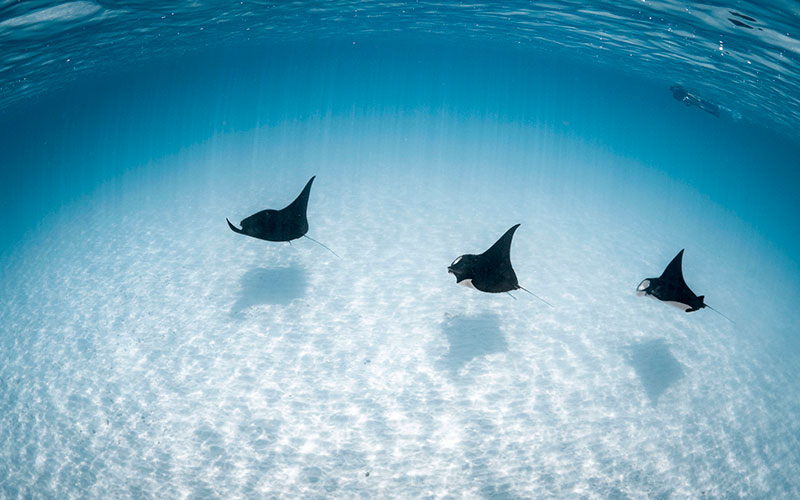Until March 2023 it was agreed that there were up to 51 billion microplastic particles in the sea (Marcus Eriksen et al 2014). Alarmingly, Marcus Eriksen, Patricia Villarrubia-Gómez et al’s updated paper now quantifies the microplastics on the ocean’s surface at an astonishing 170 trillion particles.
Plastic pollution does not end when it reaches the Ocean: it can travel up the food chain through a process known as bioaccumulation. When plastic waste enters the environment, it can break down into smaller particles called microplastics, which are less than 5 millimeters in size. These microplastics can be mistaken for food by small organisms like plankton, which are then eaten by larger organisms like fish. When humans consume seafood contaminated with plastic particles, they can also be exposed to the harmful chemicals that are associated with plastic pollution, such as bisphenol A (BPA) and phthalates. These chemicals have been linked to a range of health problems, including cancer, reproductive issues, and developmental disorders.
Plastic pollution also affects wildlife, with reports of plastic debris found in the stomachs of more than 700 species, including sea turtles, whales, and birds.
Overall, plastic pollution harms both the environment and human health, highlighting the importance of reducing plastic waste and promoting biodegradable or (even better) circular alternatives.
With this grant we continue to ensure that Patricia Villarrubia-Gómez, a researcher investigating the social-ecological impacts of plastics pollution, continues to build on her work at the negotiations of the first-ever Plastics Treaty in Uruguay (INC-1, 2022) by attending the second round of negotiations in Paris (INC-2, 2023). This is part of Ocean Born Foundation’s larger commitment to ensure that science has a seat at the table for this potentially-paradigm-shifting piece of legislation.
GET INVOLVED
To stop the damage created by plastic, consider signing these petitions:
LEARN MORE:
- Learn about Dr Villarrubia-Gómez’s recent research on the impact of the “plastic smog” that brings more than 170 trillion microplastic particles into the ocean.
- Do you know about the legally binding Global Plastics Treaty presently being negotiated by the UN Intergovernmental Negotiating Committee (INC) on Plastic Pollution?






